It’s been described as unprecedented — the quarantining of millions of people in a central Chinese city while health care workers try to suppress a virus proliferating across the country.

Wuhan and a number of surrounding municipalities are under lockdown, with travel networks and services shut down or restricted.

At least 26 people in China have died because of the virus, two of them outside the Hubei province. Nearly 900 people have been infected as of Jan. 24.
Those within the borders of the quarantine are living under unusual circumstances.
Typically bustling areas, like train stations and public spaces, are practically bare.
Wearing official uniforms and black breathing masks, Chinese paramilitary police keep transportation hubs closed off.
Grocery store shelves have been emptied and long line-ups have been reported at stores with any items left to sell as citizens try and prepare for what could be a lengthy lockdown.

Get weekly health news
Prices of vegetables and some other food items have soared, according to local reports.
A medical student completing his masters at a hospital in Wuhan told Reuters that while the conditions have been harsh, there is no feeling of widespread panic, overall.
The student, whose name was not provided, said most are dealing with the quarantine as an inconvenience.
Outside the Huanan Seafood Wholesale Market, which is considered the epicentre of the outbreak, quarantine workers wear hazmat suits to protect themselves.
Chinese authorities turned a toll gate leading into the city into a makeshift checkpoint, where officials scanned travellers for their temperature.

— With files from The Associated Press and Reuters



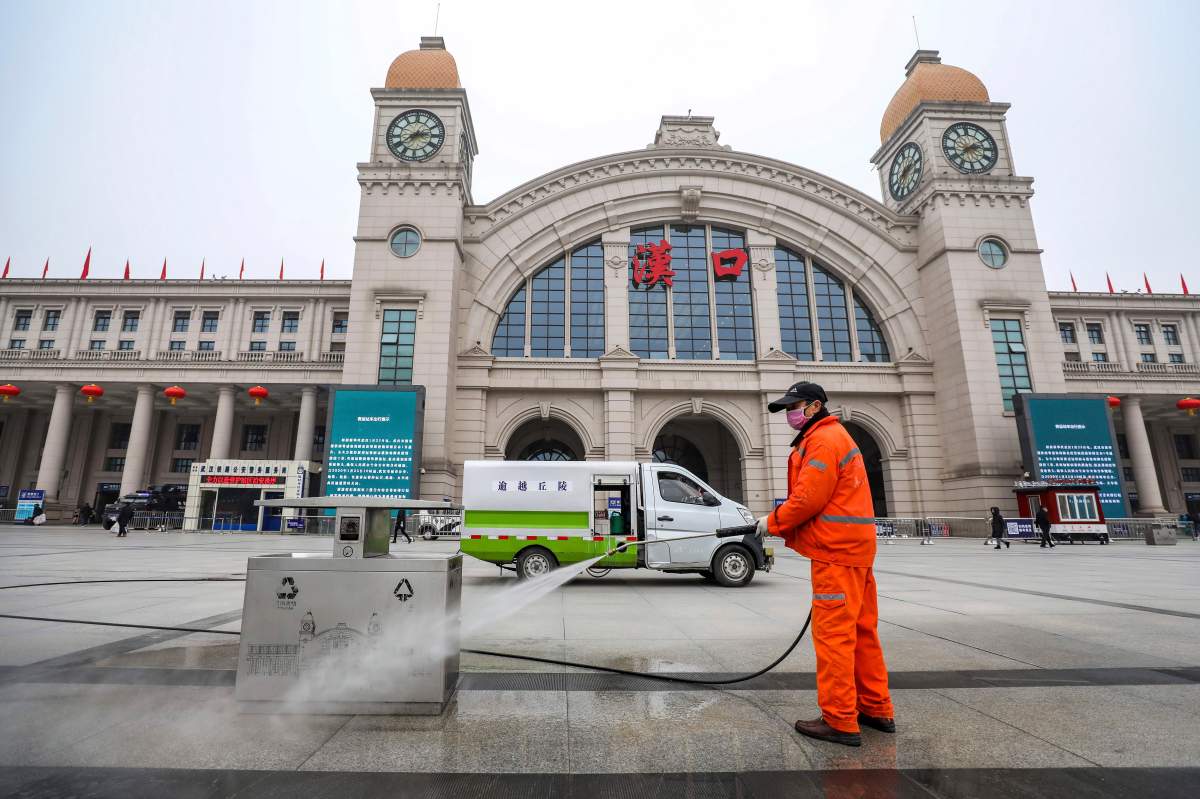




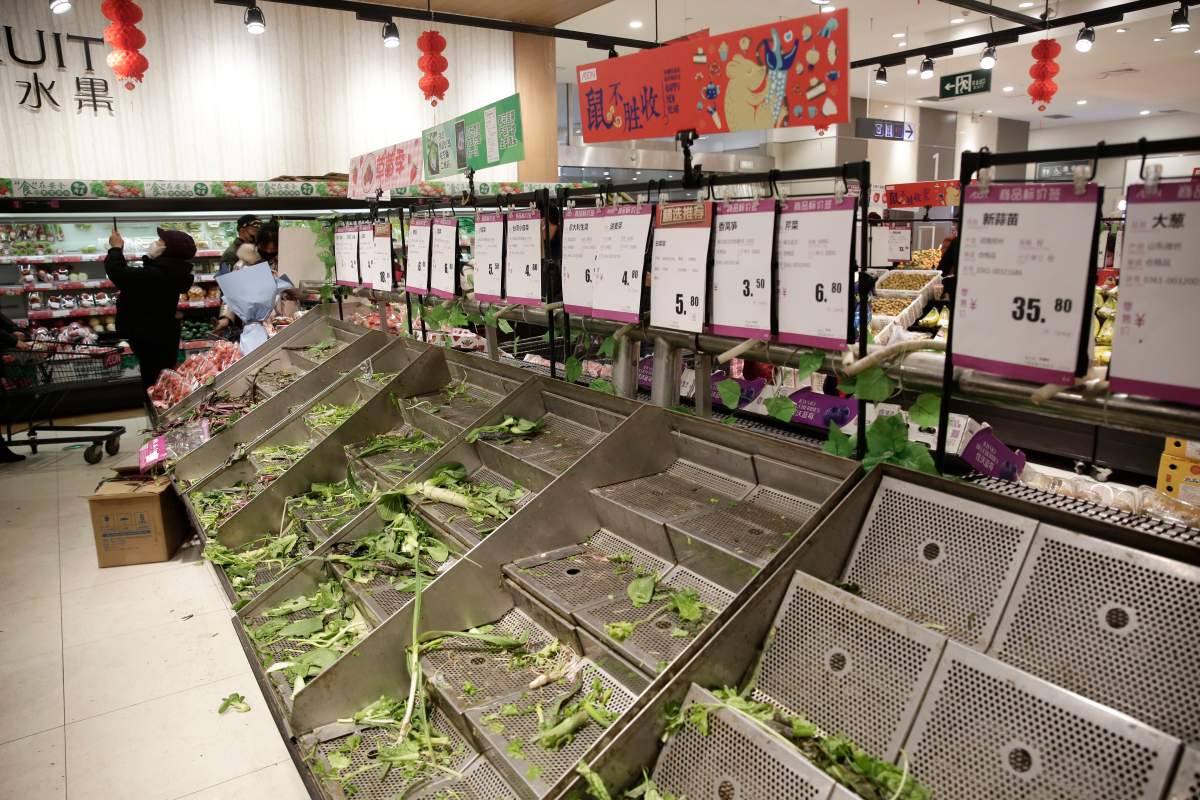


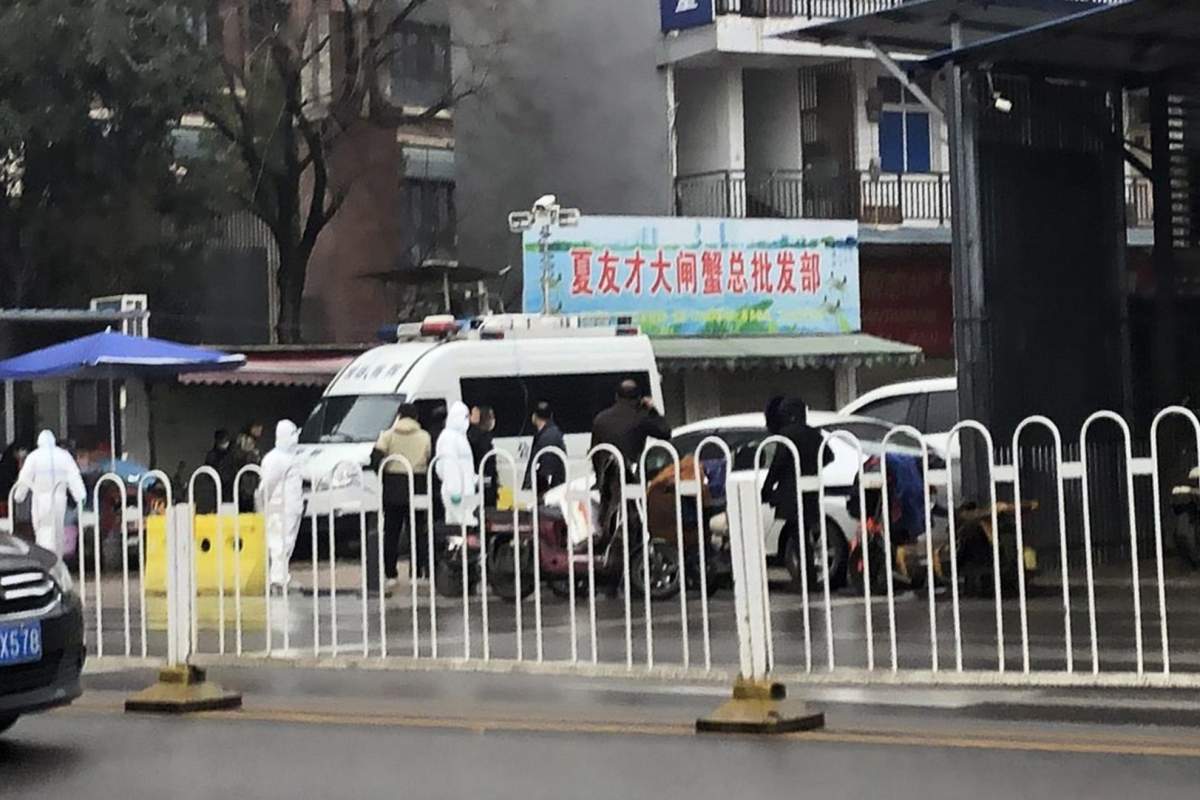
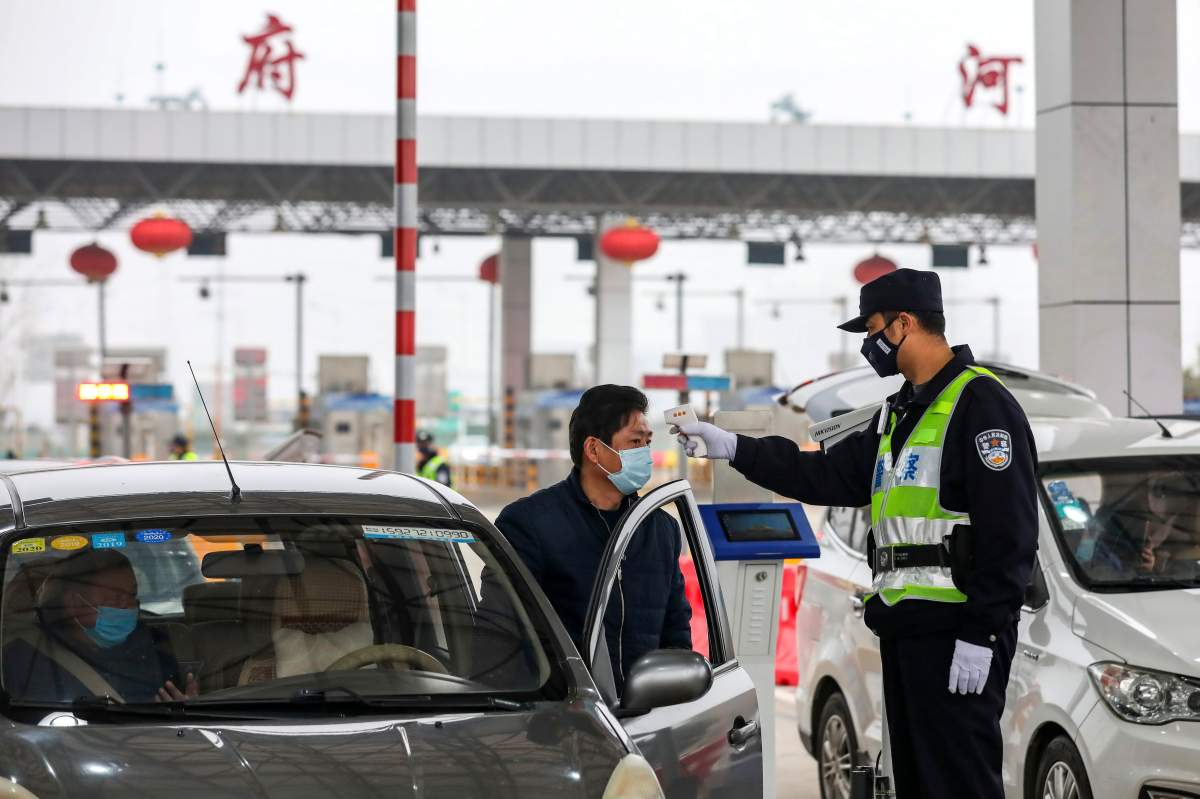
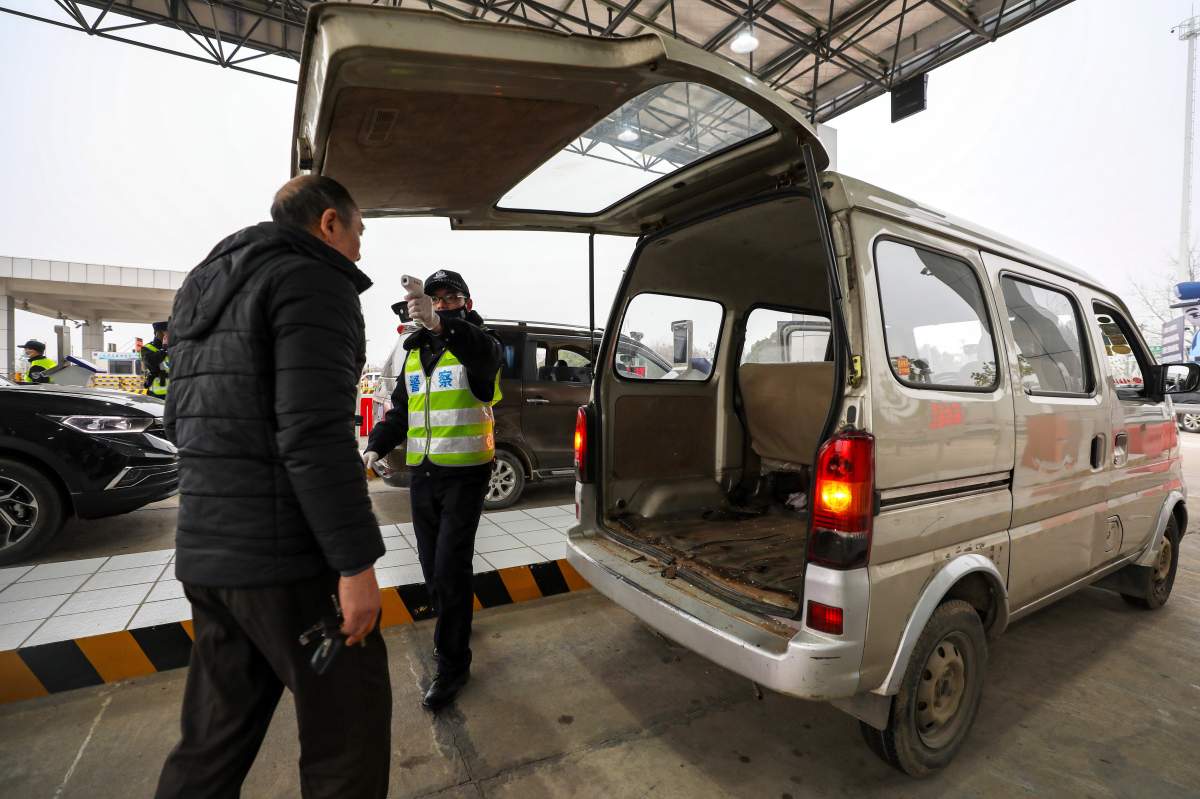
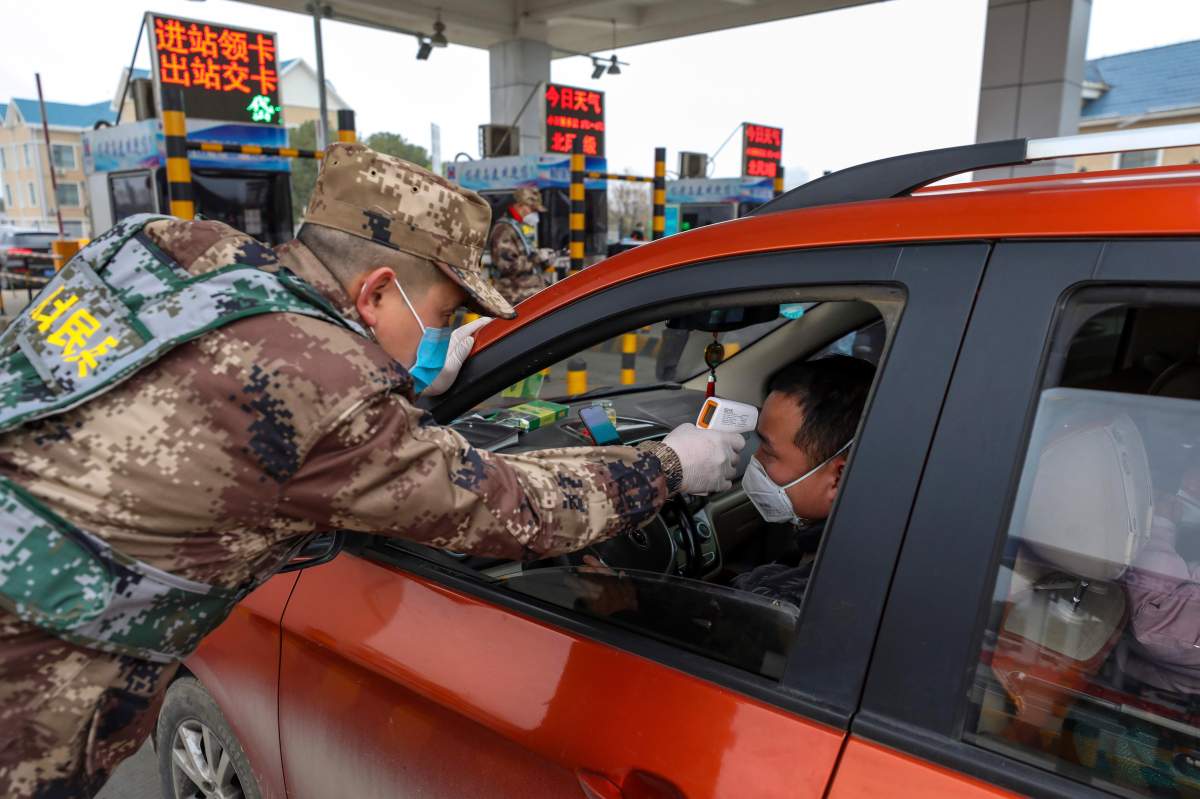





Comments
Want to discuss? Please read our Commenting Policy first.